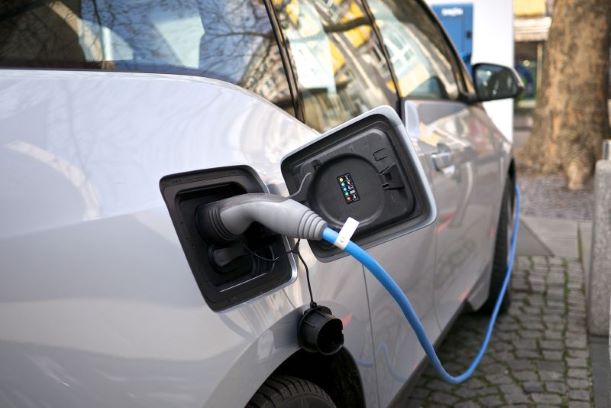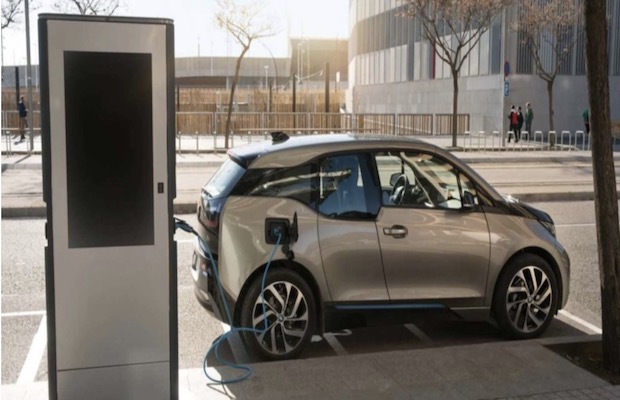US DOE Approves $59 Million to Accelerate Research in Batteries and Electric Vehicles

The U.S. Department of Energy, Under Secretary of Energy, Mark W. Menezes has announced up to $59 million for new and innovative advanced vehicle technologies research. Funded through the Office of Energy Efficiency and Renewable Energy, this funding opportunity seeks projects to address priorities in advanced batteries and electric drive systems, energy efficient mobility systems, materials for more efficient powertrains, co-optimised advanced engine, and fuel technologies, and alternative fuels and new mobility options.
“Every day, American consumers and businesses rely on transportation for jobs, schools, and commerce,” said Under Secretary Menezes. “Through this funding opportunity, we are looking to partner with the best and brightest minds across the country to drive early-stage R&D for vehicle technologies forward, so that all Americans can access more affordable, secure, and reliable transportation
Topic areas for this funding opportunity include the following:
Topic 1: Solid State Batteries – Materials, Diagnostic Tools, and Modeling (up to $12.5 million) –Projects will focus on developing new solid electrolytes that can address materials challenges and enable next-generation chemistries that reduce costs and improve energy density and cycle life.
Topic 2: Electric Motor Research Increasing Power Density 8x (up to $3.5 million) – Projects will focus on novel, innovative materials, and designs that decrease the size and increase the power density of electric drive systems by a factor of eight, while achieving cost reduction and performance improvement targets for more affordable electric drive systems.
Topic 3: Energy Efficient Mobility Systems Research (up to $7 million) – Projects will focus on vehicle automation and connectivity to improve transportation system-level efficiency for travellers, vehicles, and infrastructure, reducing the time, cost, and energy required to move people and goods.
Topic 4: Predictive Modeling Capabilities for the Co-Optimisation of Fuels and Multi-Mode Engines ($3.5 million) – Projects will focus on improving the accuracy, speed, and predictive capability of multi-mode combustion simulation models for current high-performance computing systems and future exascale level systems.
Topic 5: New Materials and Engine Technologies for High-Efficiency Powertrains (up to $15 million) – Projects will develop innovative powertrain systems that combine advanced materials that reduce weight and enable higher engine temperatures with new combustion strategies to improve vehicle fuel economy.
Topic 6: Technology Integration (up to $17.5 million) – Projects will focus on alternative fuel vehicles and infrastructure for resiliency and emergency preparedness, new mobility services in rural America, alternative fuel (e.g., natural gas, propane, electricity, hydrogen) proof-of-concept demonstrations in new communities and fleets, and electric vehicle data collection. There is also an open topic specific to Clean Cities coalitions seeking innovative ideas for alternative fuel and mobility solutions.
Last month, the DOE granted $54 million in funding for wind and solar energy research. Sanctioning $28 million to fund wind energy research and another $ 36 million to advance solar energy integration, that it expects will advance solar energy’s role in strengthening the resilience of the Nation’s electricity grid.






